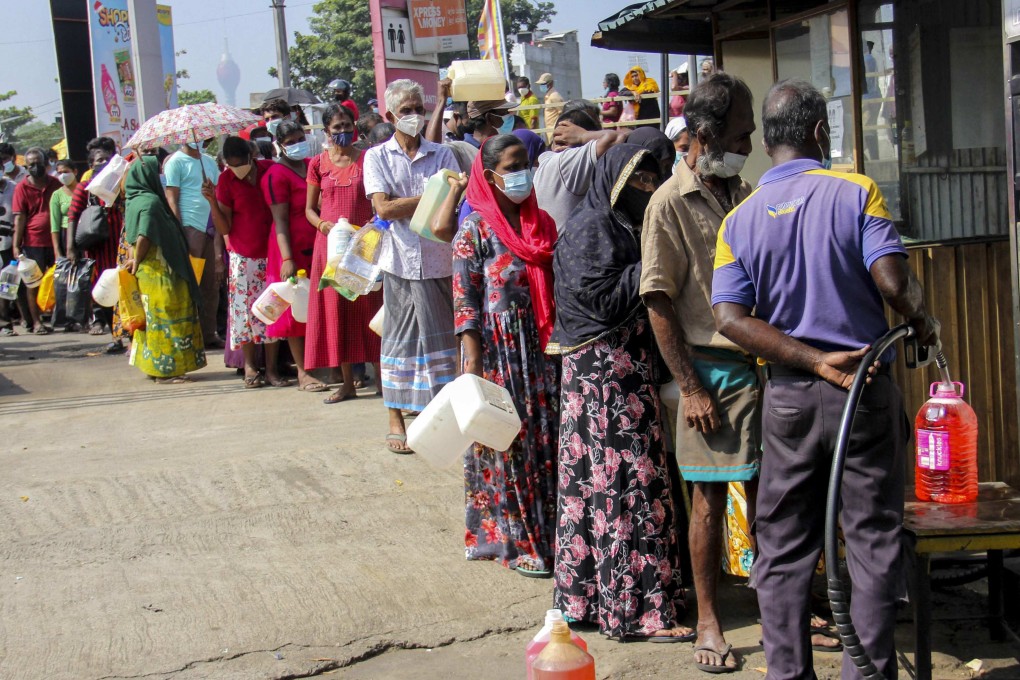Sri Lanka, India, Pakistan grapple with rising prices as new Omicron variant threatens to sweep South Asia
- Food shortages and a looming economic crisis in Sri Lanka mean only India, China or the IMF can come to its aid
- Pakistan’s opposition parties say people are reeling from ‘back-breaking inflation’ and in New Delhi, watchman Arvind Thakur can no longer afford tomatoes

Retail inflation jumped to 9.9 per cent in November, a 12-year high, stoked by a 17.5 per cent rise in food prices. As of this month, Sri Lanka had just US$1.6 billion in its foreign exchange reserves, equal to less than one month of imports. The island nation of 22 million people is a net importer of food, with much of its wheat, sugar and milk powder coming from overseas. And with the Sri Lankan rupee down 27 per cent from early 2020, import bills have skyrocketed as well.

The foreign exchange debacle is threatening to plunge the country into default. “The economic situation in Sri Lanka is going from bad to worse, with a surge in inflation undermining the credibility of the central bank and making a debt default all the more likely,” said Gareth Leather, senior emerging markets economist at Capital Economics.
Last month, in the first major protest against Sri Lanka’s strongman president Gotabaya Rajapaksa’s government since it swept to power in November 2019, thousands of demonstrators thronged the capital to vent anger over rising prices and food shortages.
To shore up its foreign reserves, the government has taken a string of draconian steps, declaring a “state of emergency” to control food prices; slapping broad import bans on food, fuel, vehicles and medicines; imposing curbs on imports of mobile phones, clothing and household appliances; and announcing strict controls on foreign currency leaving the country.
